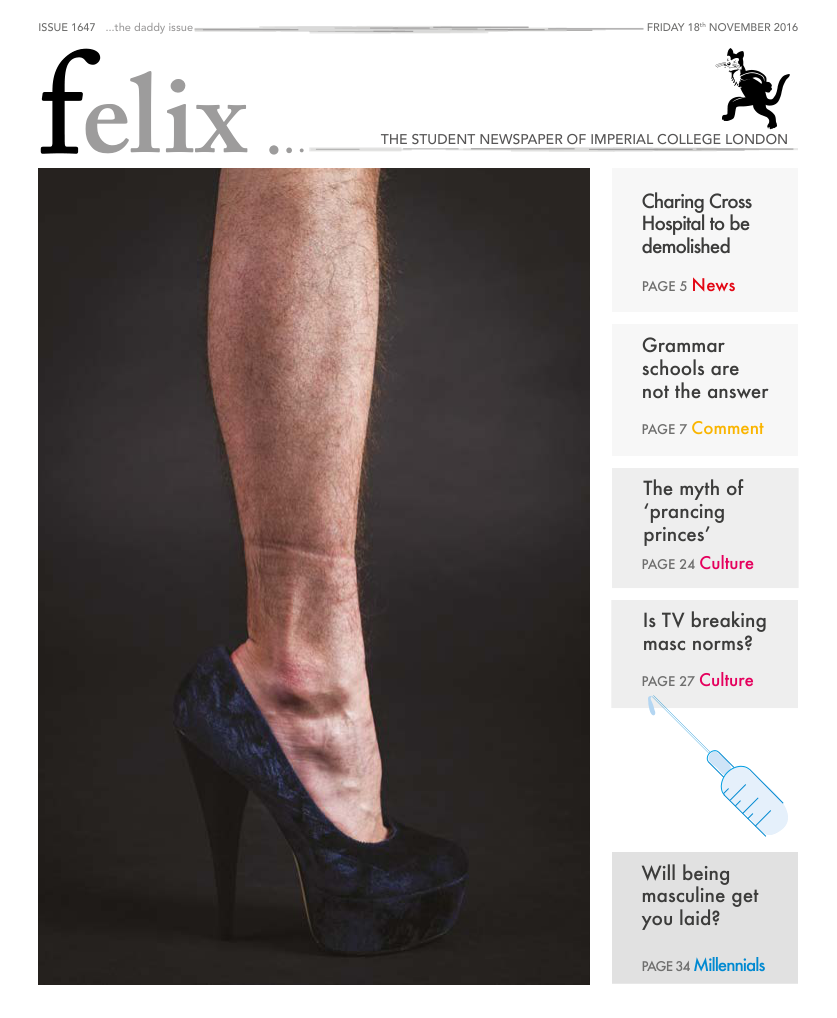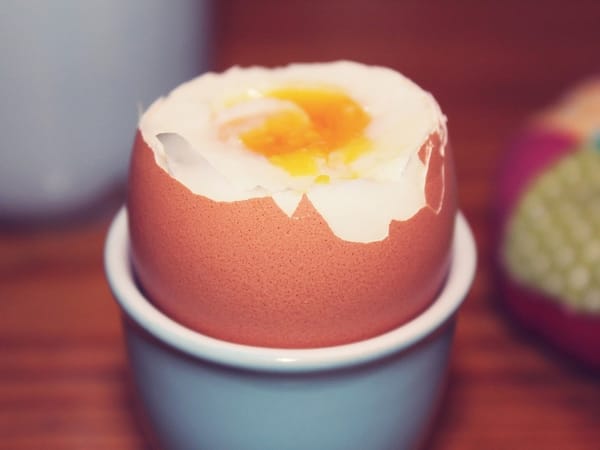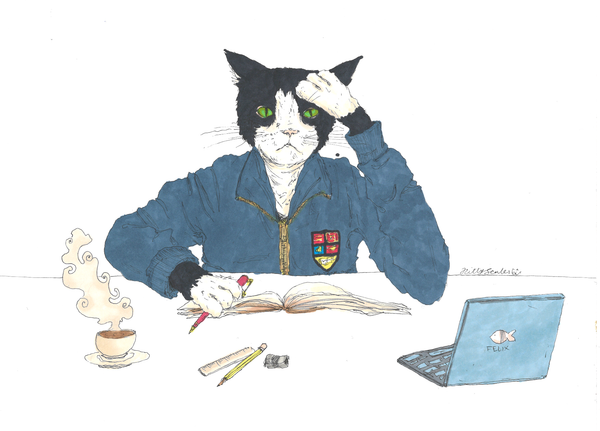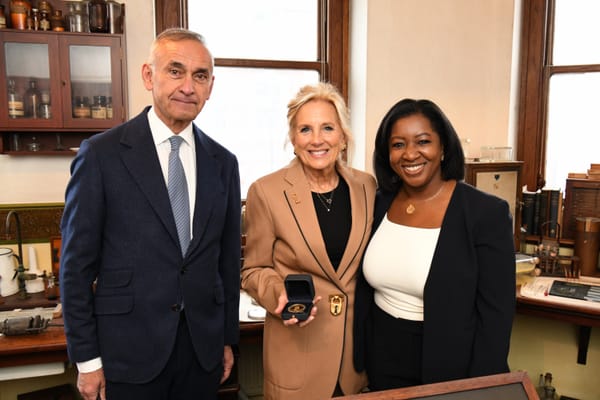Masculinity vs. Attractiveness
Sophie Protheroe discusses how nature has shaped our taste in men
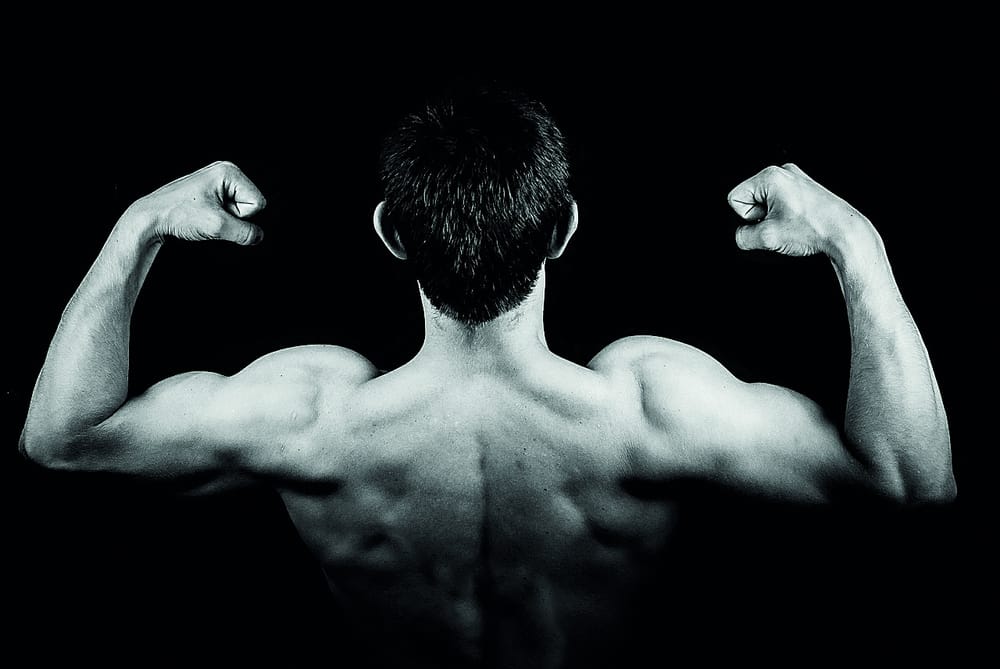
Why do we find some people more attractive than others? Qualities such as a sense of humour, good looks, and honesty are often considered attractive. However, you may be surprised to discover that your immune system influences your choice of partner.
The immune system is the series of molecular mechanisms that defend against invading parasites. But what does this have to do with attractiveness? Attractive individuals are said to possess ‘good genes’ that affect the immune system in a way that promotes health. These genes are detectable and can be passed on to offspring.
So, what do good genes look like? The ‘handicap principle’ suggests that signals which put the signaller at a disadvantage are reliable. Testosterone is an important male sex hormone which promotes the growth of ornaments in animals but also reduces immune cell activity. Therefore, costly ornaments, such as a peacock’s tail, can only be maintained by healthy individuals. The ‘immunocompetence handicap hypothesis’ suggests that animals showcase their good genes through ornaments that represent their ability to cope with parasites.
In humans, potential good gene indicators are facial masculinity and symmetry. Testosterone promotes a typically masculine appearance, including a wide face with a strong jaw and prominent brow ridges. There is mixed evidence as to whether women really prefer masculine faces. But are ‘masculine men’ healthier? Studies have shown that masculine men report fewer bouts of ill health and also father more offspring. Symmetry is also a good indicator of genetic quality, representing an ability to buffer against environmental disturbance. Men and women consistently rate increasingly symmetrical faces as more attractive.
Beauty may even be in the health of the beholder. Women who have suffered from childhood illness have a stronger preference for more masculine male faces. This preference is even stronger in individuals with poorer current health.
The ‘complementary genes hypothesis’ suggests that individuals will be most attracted to mates with maximally different immune systems. The major histocompatibility complex (MHC) is part of the immune system – MHC molecules bind to infectious pathogens, initiating an immune response. Partners with dissimilar MHCs will produce offspring with a diverse array of MHC molecules, providing defence against many different pathogens. Females are able to recognize the degree of dissimilarity of a potential partner’s MHC using odour. Women scent-rated men’s t-shirts as being more attractive if the wearer had a dissimilar MHC. Opposites really do attract.

